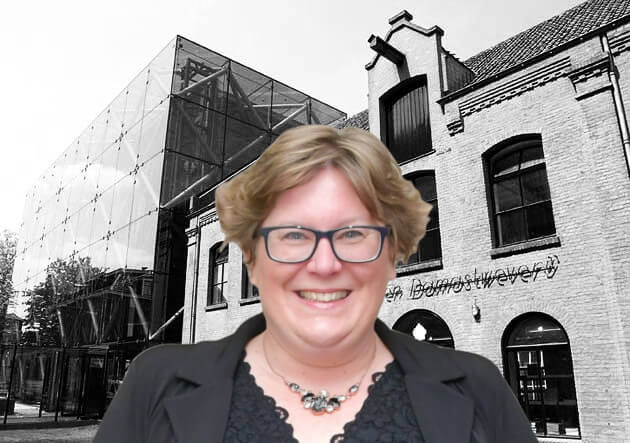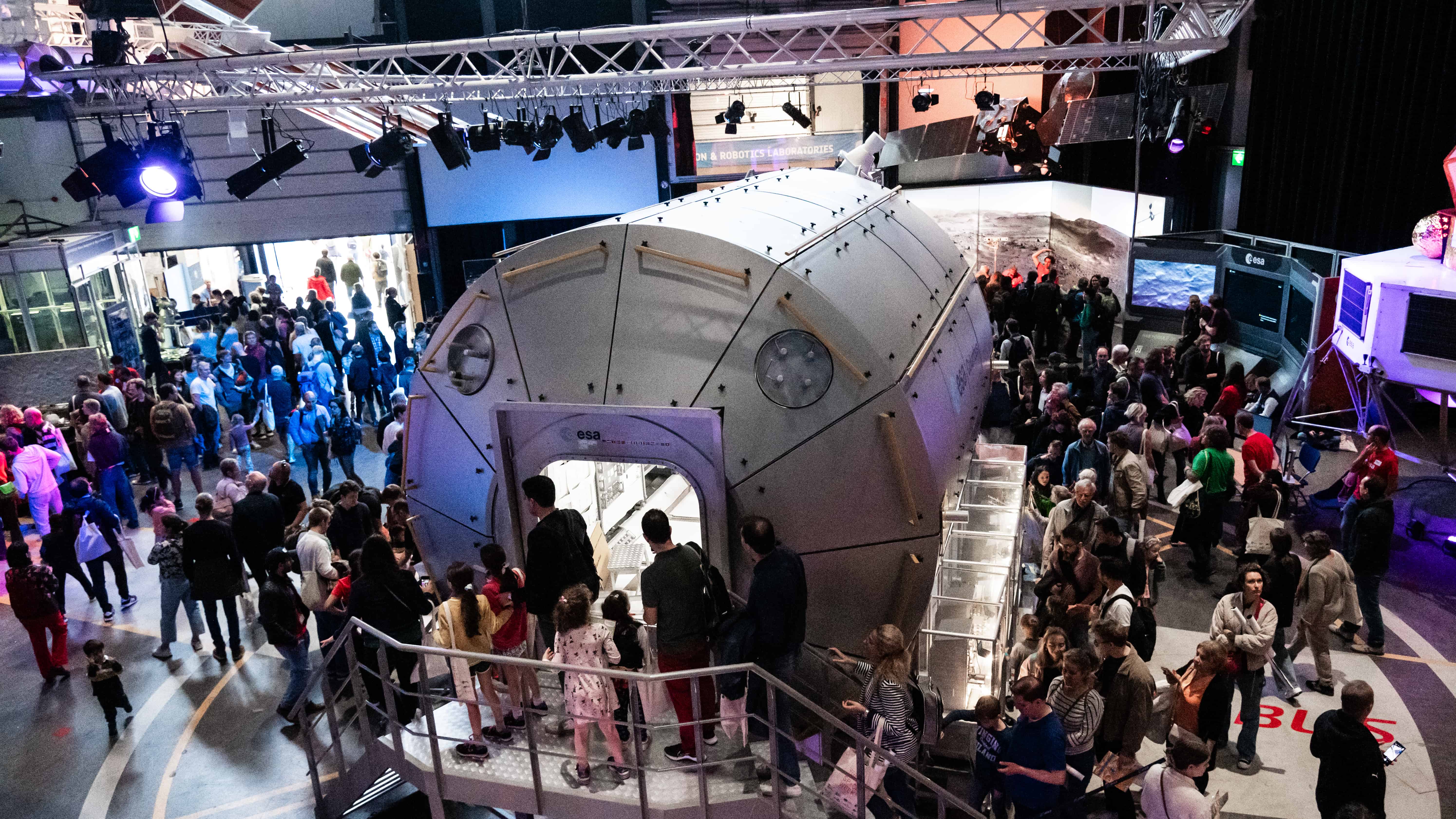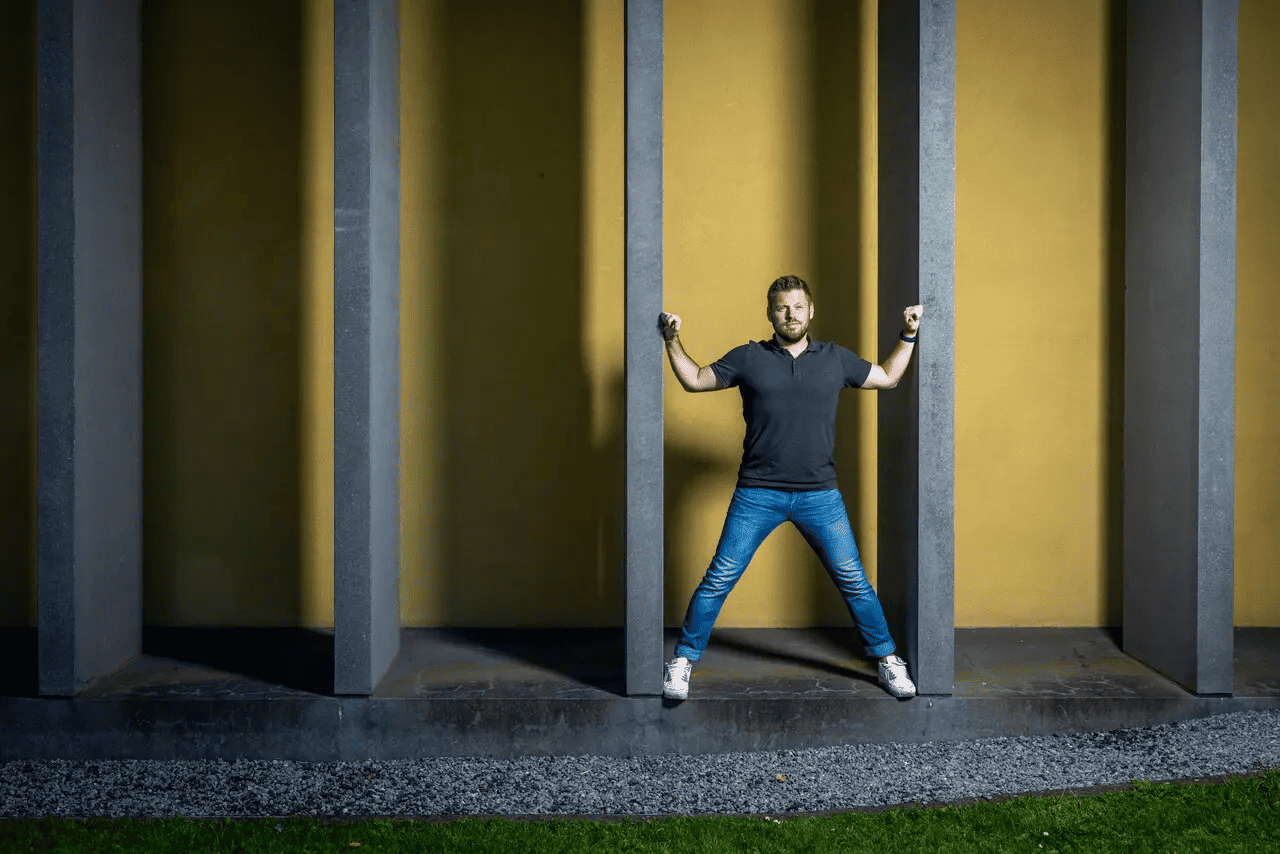
On LinkedIn, a certain message caught my attention. It started with ‘I don’t really know what to think of this…‘. What was meant by ‘of this’ was added as an image. It was about an announcement by a retailer that it is closed on Sundays because it establishes that day as a day of rest based on their Christian beliefs. This notice caught my attention because exactly this theme was the subject of an essay I had to write during my studies in general economics more than 20 years ago on the then-emerging 24-hour economy. More than two decades later, the 24-hour economy has become a reality and people who want to escape it end up under the magnifying glass called social media.
For me, social media is a fantastic source of inspiration. Through social media, I come across exciting books or papers, exhibitions, or inspiring views. At the same time, social media is also a medium for the urge to comment on everything and everyone. We seem to forget that things can also just be the way they are, you don’t always have to comment on it. This also applies to the LinkedIn post above: feel free to leave it at an observation that someone decides to create a day of rest in their week, you don’t have to share your opinion about it.
We seem to forget that things can also just be as they are, you don’t always have share your opinion about everything.
Eveline van Zeeland
We seem to replace the art of observation more and more with the art of expressing opinions. And that while the art of observation brings us so much further. Last month, the world witnessed the passing of two scientists whose work I refer to in every lecture series: Frans de Waal and Daniel Kahneman. Both scientists were masters of the art of observation. Biologist Frans de Waal observed the behavior of great apes, from which he learned more about the social aspects of human behavior. Behavioral economist Daniel Kahneman observed human choice behavior in various experiments from which he learned more about the non-rational characteristics of human behavior.
Both men are known as great thinkers. Frans de Waal was included in the 2007 “TIME 100: the people who shape our world“, and Daniel Kahneman won the Nobel Prize in economics in 2002. They were both extremely great thinkers, not by sharing their opinions about all sorts of things but by learning to understand them better simply by observing them. It saddens me that both men passed away almost simultaneously at a time when we need their observational talents more than ever.
Shoulder to shoulder
In a polarized world, opinions dominate. The right thinks this, and the left thinks that. The interests of for and against have become directly opposed in everything. The connection and ability to solve problems together, shoulder to shoulder, are increasingly fading into the background. Especially now, the talent to observe, learn from, and about each other is more important than ever. The only way out of polarization is to replace opinionating with observing.
Fortunately, trends are always temporary, and I expect the same to be true of the polarization trend. I am pining for a future where thinkers like Frans de Waal and Daniel Kahneman rise up, take us through their observations, and help us learn more about that crazy creature called man. Those thinkers in the future could be all of us. We will come a long way once we turn off the “comment” button and turn on the “observe and learn” button.








